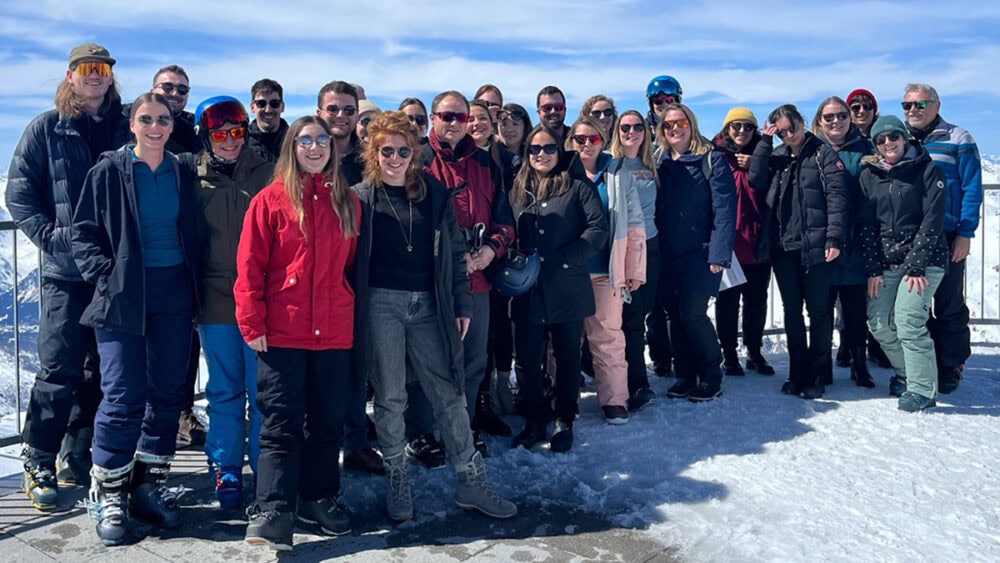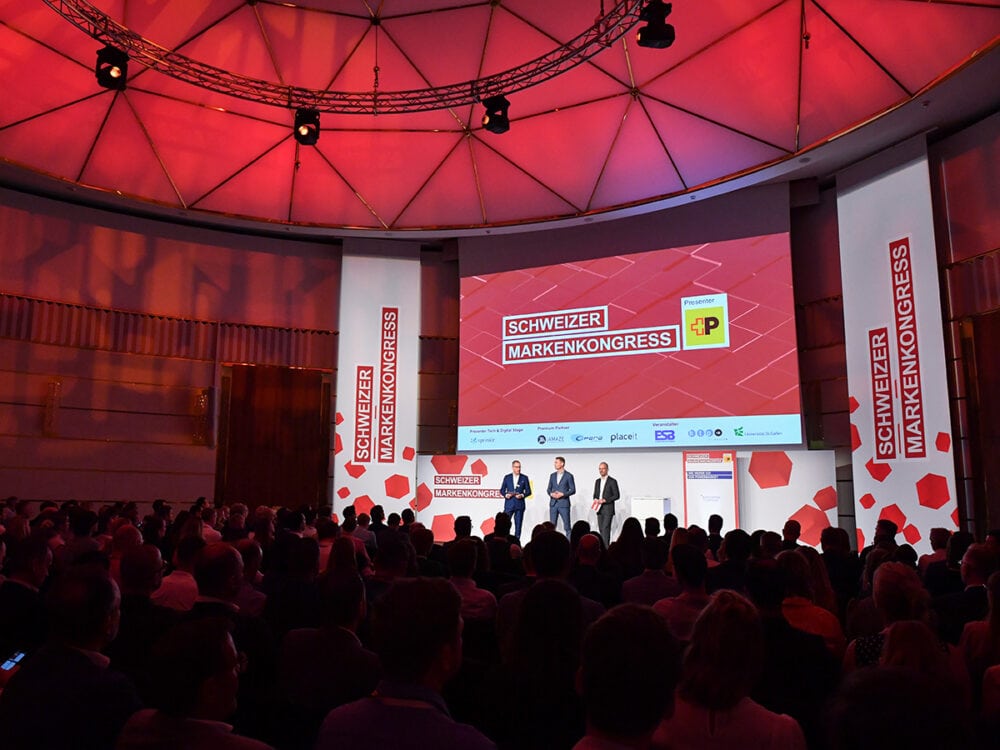Digitization in the Swiss hotel industry is making progress
Swiss accommodation providers recorded a 25 percent increase in direct bookings in real time via their own websites in 2022, a study by Hotellerie Suisse shows.

More and more guests are booking overnight stays via the hotel's own website. This is shown by the latest distribution channel study by Hotellerie Suisse in collaboration with the Institute of Tourism at the University of Applied Sciences Western Switzerland Valais (HES-SO Valais-Wallis). The digitization trend among Swiss accommodation providers, which was accelerated by the Covid crisis, is thus continuing. At the same time, the market power of the large online booking platforms (OTA) remains high, so that they continue to exert pressure on the accommodation businesses.
The reason: In Switzerland, any parity clauses have been banned since December 1, 2022. Since then, businesses have been free to offer lower prices and further discounts on their own digital channels. Since then, more than half of the businesses differentiate prices individually across all channels. Thanks to the increased use of so-called channel managers, this is also technically possible. This is booking software that automatically compares and updates data with other channels.
Overall, guests booked around 60 percent of overnight stays via direct booking channels - whether online or offline - last year. This is a slight downward correction on the peak level of the crisis year 2021 (63 %). This can be explained by the fact that after the crisis, proportionally more foreign guests are visiting Switzerland again, who book directly less often than Swiss guests.
Market power of OTAs remains high
In terms of digital bookings, OTAs continue to hold by far the largest share (around 56 percent of digital bookings). Overall, OTAs generate 27 percent of all overnight stays in Swiss accommodation, with Booking Holding alone covering 75 percent of the OTA market and thus holding a virtual monopoly position. Around half of the establishments surveyed state that they only accept the terms and conditions of the online booking platforms because they have a great deal of market power. Problematic points are, for example, aggressive discount programs of the OTAs with customer loyalty programs such as the Genius discount at booking.com. Although businesses are free to participate in such programs, they are in fact forced to do so, as non-participation often results in downgrades in the ranking.
Digitally fitter and fitter on the move
The digitization push - triggered by the pandemic - continues. For example, 55.3 percent (+1.4 percentage points compared with 2021) of establishments now use an interface to metasearch engines (e.g. Google Ads, Trivago, Tripadvisor, etc.) by means of a permanent link to the hotel's own booking system. In 2022, 77 percent of establishments were already using an Internet booking engine, i.e., software that allows guests to make bookings in real time on the hotel's own website. This represents an increase of almost 10 percentage points (2021: 69.9 %). Digital solutions are also gaining ground in payment. For example, more and more guests are paying with their smartphones. Here, the Twint payment system is the most popular. Payments via debit or credit card are also increasing, while cash payments are decreasing.
The entire study is available here.








